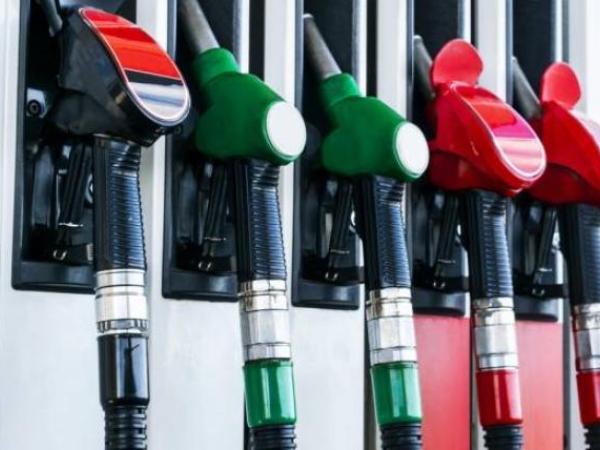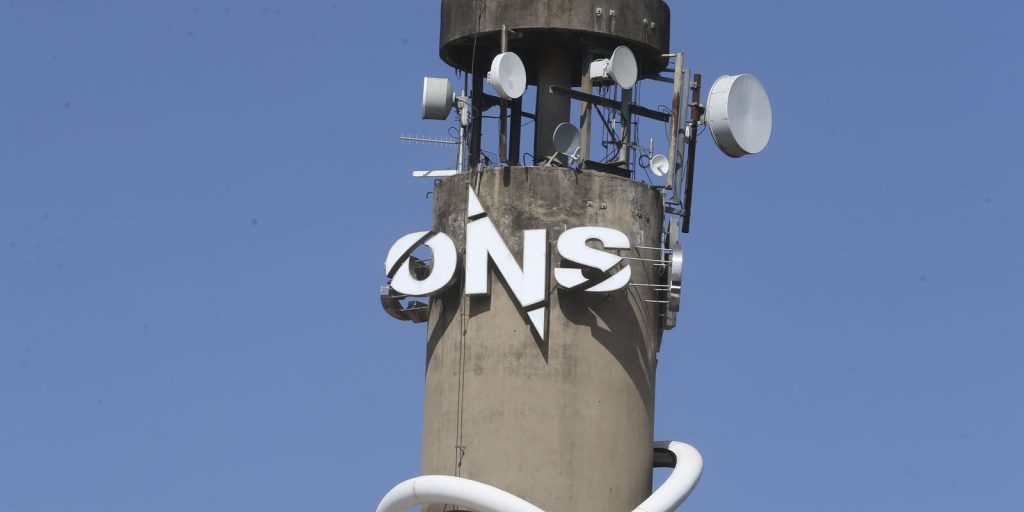After months of speculation regarding the increases that will be made in the price of diesel, that have been frozen for months, the Minister of Finance, Ricardo Bonilla, explained how they will be done. According to Bonilla, between the second half of 2024 and 2025 the price of each gallon of this fuel will increase by $6,000through gradual increases that will be made.
(You may be interested in: Diesel price adjustment will be $6,000: this is how the increases will be applied)
In an interview with Blu Radio, the head of the portfolio said that there will be three adjustments, one each semester and that each of the increases will be made in blocks of $2,000 for each occasion. Each of these increases would impact 0.6% the cost of living and the three together would increase the CPI by 2% according to calculations.
This decision is made after variousthe dialogue tables with transporters, in which no agreement was reached.
“We see that There is no possibility of an agreement with the transporters and the total gap is $6,000. The increase is planned to be made in three adjustments, with a semester’s difference between each one.“the minister told the outlet.
(We recommend: This Saturday the dismantling of the diesel subsidy for large consumers begins)
In this sense, during the following months of the year the first of the three increases could take place, so that in 2025 the remaining two increases would be made. In this way, The prices of this fuel would reach the level of international parity, sparing the Government the impact of paying the Fuel Price Stabilization Fund (Fepc).
It is worth noting that In 2023, this Fund generated a debt of $20.5 billionmainly explained by the difference between the international price of diesel and the local price. For this year, the Ministry of Finance projects that the debt will be $9.5 billion, slightly offset by the price of gasoline, which is above the international parity price, generating savings.
(Read also: Actions are urgently needed to reverse the decline in gasoline consumption, which has lasted 13 months)
Amid the pressure on fiscal accounts, the Government has been forced to cut its spending in order to close the gap between expenditure and income.
Currently the price of each gallon of diesel is $9.756 for Bogotá and $9,456 on average for the 13 main cities. This means that to reach the same level of parity,It would require increases of $4,400 for each gallon of this fuel, according to calculations by Julio César Vera, president of Xua Energy.
Minister of Finance, Ricardo Bonilla.
Courtesy
“Reduce diesel subsidies, from an economic, social and energy perspective, It is a correct measure and the best measure that the country can take to deepen the energy transition and move towards decarbonization. responsible for their economy“Vera said.
(You may be interested in: Clash between former Finance Minister and Director of Public Credit over Fepc deficit)
A A $2,000 increase in the price of a gallon of diesel fuel would have the effect of avoiding a debt of $372 billion per monthaccording to expert estimates.
The rise in the cost of living
One of the effects that freight transport unions have noticed is that lIncreases in the price of this fuel will impact the cost of freight and in this way could be transferred to the price of basic goods. like food.
“We will have to adjust the price of diesel and that will be the next unpopular measure that this government has to take. And I am also announcing that it must be taken and that there will be no agreement.” said Bonilla at the launch of the most recent edition of the Colombian Economy magazine of the Comptroller’s Office.
(We suggest: Ecopetrol reported payments of $12.9 billion from the Fepc and recognizes the Government’s efforts)
The Comprehensive Chamber of Transport (United) stated that this decision comes at an inopportune time, when the country finds itself with a stagnant economic dynamic. and even high inflation, stating that “this measure could intensify inflation and hinder economic recovery.”

Cartagena refinery
Ecopetrol
According to Vera, some More gradual increases could have the advantage of avoiding sharp hits to the cost of livingalthough he said that making a modification of any level after so much time with the price frozen could cause a “inflationary expectation effect beyond the real weight of the cost of fuel on the different goods and basket services”.
(We recommend: Ecopetrol’s finances are shaken by delays in payments intended to cover the Fepc)
Estimates that A 10% increase in the price of a gallon of this fuel would have an effect of 0.25% on inflation. In this way, Vera points out that “uAn increase of $2,000 pesos per gallon, equivalent to a 22% increase, which should generate an effect on the CPI of around 0.6%. That is, the three planned increases should generate an inflationary effect of around 2%.”.
Daniela Morales Soler
Portfolio Journalist

















